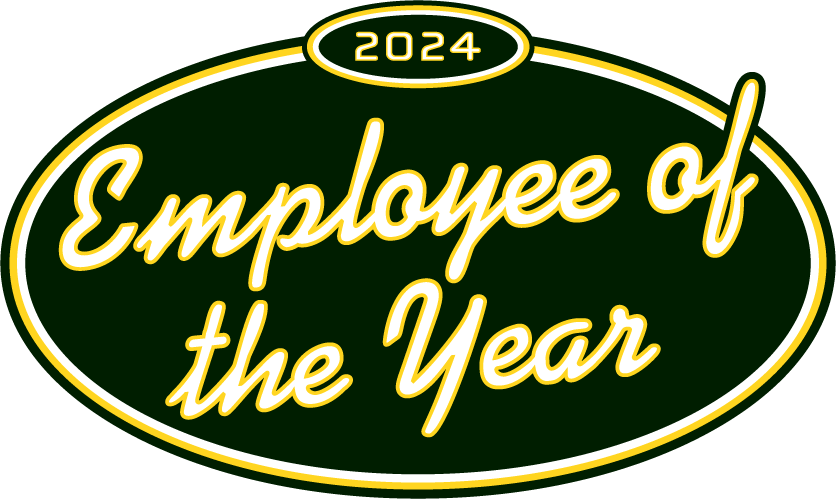-
Job Seekers
X
Job Seekers
Whether you're looking for a temp job or a permanent career, Labor Finders has you covered!
-
Explore
- How it works
- Industries
- Blog
- Locations
- Job Search
You May Also Be Interested In

2024 Employee of the Year
Learn more about our amazing Employee of the Year
-
-
Employers
X
Employers
Let us help you find the workers you need, when you need them.
You May Also Be Interested In

2024 Staffing Trends Quiz
Construction Staffing Trends Quiz
-
Industries
X
Employer Industries
Ready to staff your next project? Our staffing experts has the knowledge and the workers to cater to your unique staffing needs.
In this Section:
Job Seeker Industries
From construction to waste management, we have job openings in whatever industry you’re interested in.
In this Section:
-
About
X
About You
Getting matched to the right job, gaining the flexibility you want, making an impact in your community - at Labor Finders, it’s all about you!
-
You may also be interested in
- About Us
- Job Search Results
- Find an Office
- How it works
- Blog
About Us
With almost 200 offices nationwide, we’ve been putting people back to work for over 40 years. See why we’re a leader in the blue-collar staffing industry.
-
You may also be interested in
- About Us
- Media Center
- Video Library
- Leadership Team
- Careers
- In The Community
- History
-
- Location
Staffing Trends
The State of the Hospitality Shortage

The hotel industry faces a significant staffing crisis, with numbers far below pre-pandemic levels. Despite efforts to attract employees, many hotels still need to be staffed. In this blog post, we'll delve into the current staffing crisis plaguing the hotel industry, examine the factors contributing to the shortage, and discuss strategies for employers to navigate these challenges effectively.
Why is There a Hospitality Staffing Shortage?
While the hotel industry continues to progress toward recovery from the economic toll the pandemic took on hotels and restaurants, it still grapples with staffing like the construction industry. In 2019, when about 2.4 million people worked in the hotel industry, the pandemic brought that number down to just 1.7 million in one year.
In a 2023 study by the American Hotel and Lodging Association, almost eighty percent of hotels were dealing with staffing shortages. In that same survey, twenty-two percent of those respondents reported that they were severely understaffed. The types of hospitality workers needed the most are housekeepers, with 43% of survey respondents reporting that hiring for this role was their top priority. The AHLA expects employment to continue to rise in 2024 but doesn’t expect it to reach pre-pandemic levels.
In response to the staffing shortage, 70% of hotels have either reduced or eliminated amenities and services altogether,
Why is There a Shortage of Hospitality Workers?
Attracting and retaining staff in the competitive hospitality industry has become increasingly challenging. Understanding the following challenges is crucial for employers aiming to create a more appealing and supportive workplace for their employees.
-
Stressful Work Environments
One reason hospitality companies struggle to find staff is the stressful work environments many of their current employees are experiencing. Roles that require interacting with the public can be inherently stressful, with high-paced work days, long hours, and dealing with demanding customers. However, since the pandemic, it’s become a major factor in keeping potential employees away from open positions in the field. Interpersonal arguments and being overloaded with work due to faulty equipment are a few of the stressors hotel workers noted in this study by the National Library of Medicine.
-
Lack of Flexibility
Providing around-the-clock service is incredibly attractive to customers rather than to potential workers. Working late nights or early morning hours where shifts are rigid and inflexible doesn't offer the ability to have the work-life balance that many post-pandemic workers are looking for. In a study by Harri Resource Center and CGA, 54% of the hotel and restaurant workers surveyed cited that unsociable hours were a big reason for the staffing shortages. Being unable to work around personal lives, coupled with the fact that the work can be stressful, is a turn-off for potential workers.
Make Your Hospitality Business Attractive to Employers
Becoming an attractive employment option for job seekers is even more critical. Offering competitive salaries is what recruiting managers like you will often do to get more applicants. Still, it will take more than great pay in this challenging labor market. Create a strong employer brand that demonstrates your company values and how your current staff embodies those values. The work required to service your customers may be stressful, but encouraging support and teamwork amongst your staff can make those work days easier. Implementing reward programs and performance incentives, as well as regularly asking for staff feedback on improving work conditions, can also make your company look more attractive to potential workers.
In a report from the AHLA, 71% of the hospitality managers are increasing wages, 64% are offering flexible schedules, and 33% are expanding their employee benefits in an effort to recruit more hospitality workers.
Recruit Workers Strategically
Being more intentional with where you recruit workers and how you recruit them is essential in this labor climate. Hosting in-person hiring events and advertising job openings in local communities could significantly add to your hiring strategy. It’s also important to pay attention to the online space, as that’s where many job seekers look for open positions first—posting to general and specialized job boards and social media platforms. Whatever route you choose, ensure that job descriptions are detailed so job seekers understand the job responsibilities and the benefits they’ll gain from working with you.














